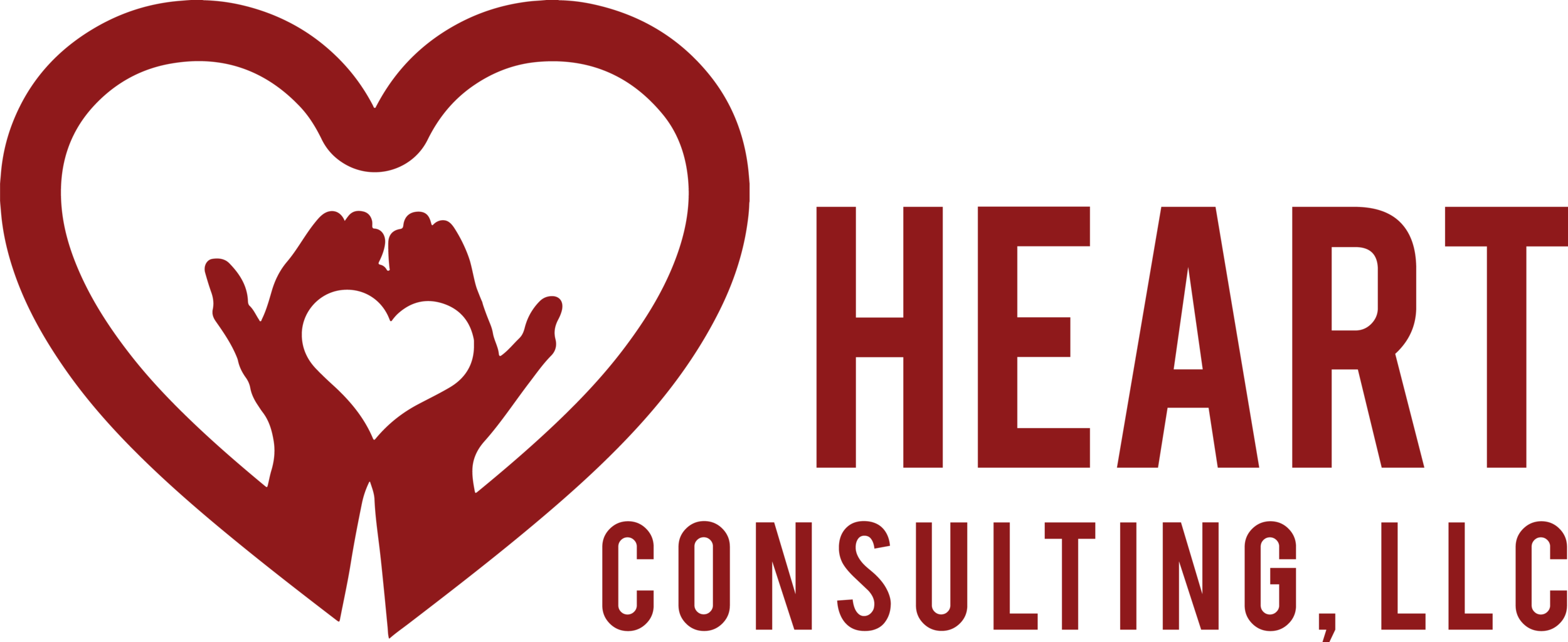Rape Culture and How to End it
Rape culture is all around us, and it is a big part of the reason that sexual assault continues to exist in our society at such alarming rates. Rape culture "normalizes" and excuses rape due to societal attitudes regarding gender and sexuality. Recently, a fraternity got in trouble for a video of one member pretending to force oral sex on another member who was pretending to have a disability, and this is a prime example of the extent of rape culture.
Below are more examples of ways in which our society allows rape to be pervasive:
Victim Blaming: We see this all the time....why didn't you leave? How much did you drink? What were you wearing? Were you flirting? You shouldn't have walked home alone. It is one of many reasons that a lot of survivors do not report. Can you imagine being blamed for your sexual assault?
Not believing survivors: This is even more common when a person with a disability reports a sexual assault. Frequently, a staff member, family member, police officer, or lawyer will question a person with a disability's credibility. Claiming that someone just "didn't understand", or has lied before (even about completely irrelevant situations), that this person is just "seeking attention" are all excuses that might be made to not investigate a report at all. In addition, it is often hard for anyone to remember the details and timeline in order, and a person's report may change. This is due to how the brain operates during a traumatic event, but does not mean the person is lying. And this is more difficult for someone who has difficulty processing information, remembering timelines, and communicating verbally. And again, this keeps survivors from reporting when they see this happen to others or in the media.
Rape Jokes: ever heard a friend play a video game and yell "You got raped!"? This types of comments are all too common. But what if there is a person in that room who hears a "joke" like this, who has been sexually assaulted? That person is not likely to tell their friend who jokes about rape, not expecting that person to be supportive. These jokes minimize the impact of sexual assault and trauma, and have no place in our society (or in comedy clubs, for that matter).
For a more extensive list of real-life examples, read this article that discusses 25 examples of everyday rape culture.
So what can we do about it?
For starters, we can call out rape culture when we see it. Got a friend who loves telling rape jokes? Explain that is not funny to minimize rape. Hearing a lot of people call a celebrity who shares a sexual assault experience a liar/gold digger/attention seeker? Post an article on your social media about the statistics of false reports (they are WAY lower than unreported assaults). Hear someone call another person a "slut"? Explain that this word is harmful and why. It's important to be empathetic in these approaches, the person may not realize the impact their words have. And be patient, most people don't change their ways overnight, and it may take repetition.
Reimagine masculinity and the questions we ask of victims vs. what we ask about perpetrators. Instead of only teaching women to protect themselves, it's important to also teach boys and men that is is unacceptable to touch someone without his or her consent. We need to make sure we are defining consent and having these conversations at a young age.
Want more ideas on combating rape culture? Read this article on The Nation, or this one from Bustle.
Thanks for reading!
Ellen Merker
Owner, Heart Consulting LLC
